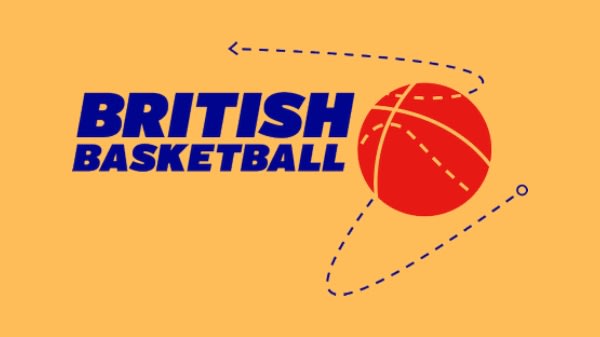Introduction
The British Basketball Federation (BBF) has ceased trading and entered liquidation while fighting a competition law case brought by Super League Basketball (SLB), the operator of the UK’s top men’s league. The collapse exposes a governance model that has long held the sport back commercially.
Breakdown
What’s Going On?
Last week, the BBF announced it had ceased trading and had been placed into liquidation because it could not pay its debts.
A liquidator now has full control of:
- Ending or renegotiating contracts.
- Selling remaining assets.
- Deciding whether the SLB lawsuit continues.
- Communicating with creditors, clubs and public bodies.
This isn’t restructuring; it’s the end of the BBF in its current form. All of this is unfolding while the BBF remains in the High Court over who controls the men’s league.
Who’s Who? (Explained Using The Film Industry)
To clarify, think about how Hollywood is organised. It’s not a perfect comparison, but it helps explain the roles.
BBF = The Academy (Oscars)
The BBF governs elite basketball and recognises the professional league’s authority. Like the Academy, it sets standards but doesn’t produce the product.
SLB = A Major Film Studio (Warner Bros/Universal/Paramount/Sony)
SLB runs the league. It organises games, handles sponsorships, broadcasting, operations, and the commercial side, much like a studio produces and distributes films.
The Clubs = Individual Film Productions
London Lions, Leicester Riders, and Newcastle Eagles operate independently with their own investors and budgets, like film productions within a studio ecosystem.
Where It Broke Down
If the Academy unfairly changed rules or awarded rights, the affected studio would push back. That’s what SLB is arguing in court.
How Did This Dispute Start?
When the old British Basketball League (BBL) collapsed in 2024, SLB was created to replace it. The BBF granted SLB a three-year temporary licence to run the top league. In 2025, the BBF launched a tender for a long-term licence, awarded to a new investor-backed entity, Great British Basketball League Limited. SLB didn’t submit a bid, arguing the process was unfair from the start.
SLB Then:
- Filed a High Court claim for abuse of dominance.
- Withdrew its nine clubs from BBF oversight.
- Continued operating independently.
The BBF Responded By:
- Revoking SLB’s temporary licence.
- Refusing support on visas and international competition entries.
The legal dispute is still ongoing.
Why This Matters Commercially
This is not about on-court ability; the UK produces talent. The issue is governance instability, which destroys investor confidence.
Europe Has:
- Multiple EuroLeague-level teams.
- Clear league operators.
- Strong commercial pathways.
The UK Has:
- One Eurocup/EuroLeague-calibre team (London Lions).
- A governing body entering liquidation.
- A league operator suing the governing body.
- Unclear rights and fragmented structures.
Investors avoid sectors with unclear leadership. The product isn’t the problem; the structure is.
Legal Team Involvement
Insolvency Lawyers
- Take over BBF operations during liquidation.
- Assess whether the SLB litigation continues.
- Handle contract terminations.
- Distribute remaining value to creditors.
Competition Lawyers
- Analyse whether the BBF’s tender process was anti-competitive.
- Advice on dominance, procedural fairness and remedies.
- Run disclosure, witness evidence and arguments in court.
Sports & Regulatory Lawyers
- Navigate FIBA compliance.
- Advise clubs stuck in the governance gap.
- Manage issues around visas, recognition and eligibility.
BPB Insight: Why This Matters For Tomorrow’s Lawyers
The frustrating part is this: British basketball isn’t dying for lack of talent, but because its leaders can’t get organised. Other countries have proper structures and stable leagues. The UK’s infighting makes the sport look chaotic and uninvestable. No NBA franchise will come to a country that can’t decide who runs its own league.
For future lawyers, the lesson is: when governance fails, funding, credibility, and confidence collapse too. Lawyers don’t just draft documents; they rebuild broken systems. This is a live example of how bad structure suffocates an industry and why legal frameworks are essential for growth.
